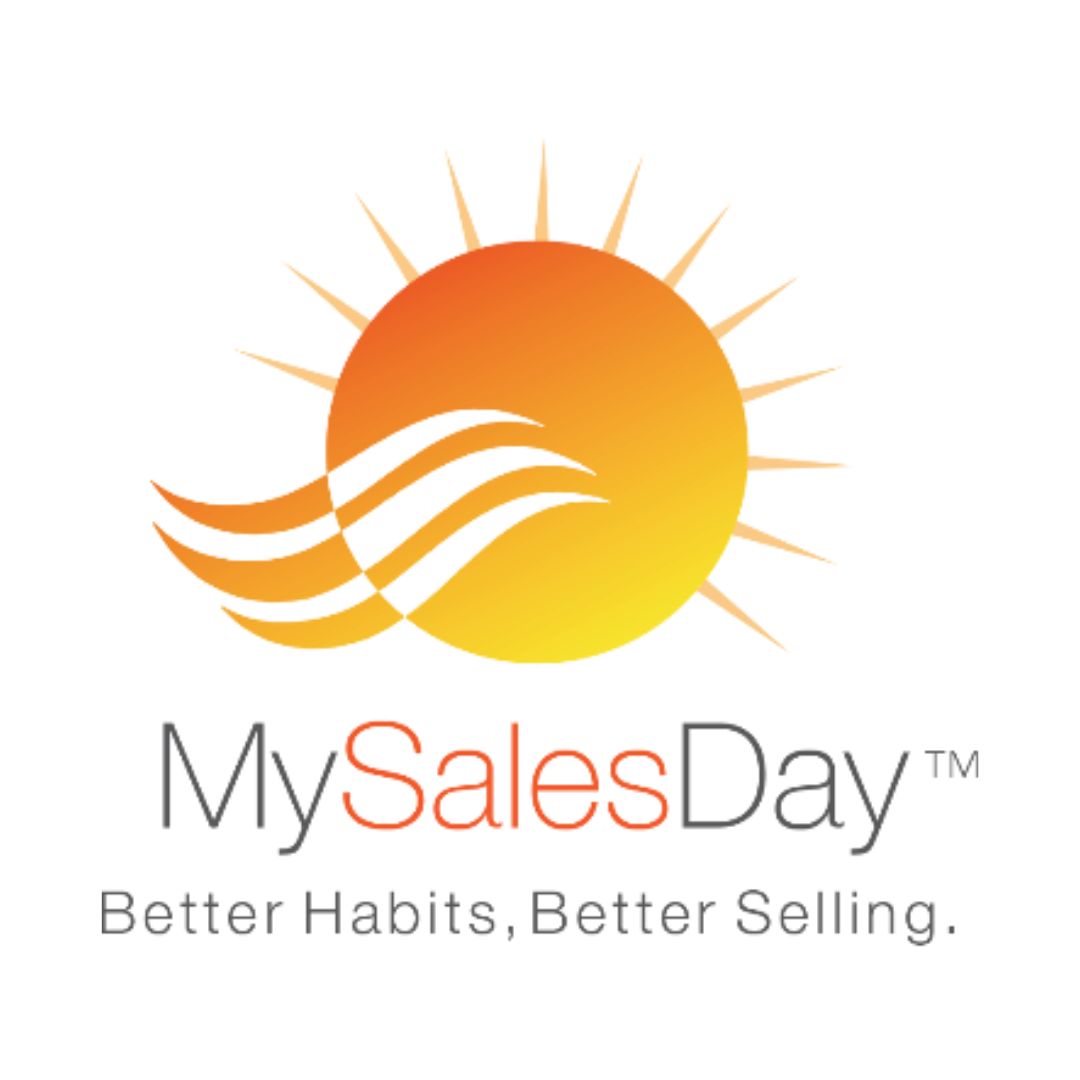
7/25/2023-Qualifying/Probing
Published on
Skill
Customers don’t intentionally offer generic and vague statements and answers to your questions. Just to be sure, your probing follow-up questions will always keep them honest.
The buyer looks up from reviewing your proposal and says, "Yeah, it looks good." You think to yourself, "great….WHAT looks good about it?"
Then, the buyer says, "We might move this through the org and see what others think." You think, "WHO exactly are you gonna send it to?" (And, who is ‘we’? Whadya mean, ‘might’ move it through the org?)
The buyer ends with, "I think there could be a big investment coming from us!" Fantastic, you explode in your brain, "HOW big are you talking?"*
Qualify your buyers. Don’t let them off the hook when they make ambiguous and general statements. Probe. Push. Quantify.
If you think buyers intentionally drive you crazy with ambiguous and generic answers to your questions….umm, well….uhh, you may be right! Ha. Nooooo.
How buyers answer you is directly related to the quality of your questions and probing. Even if you’re the best question-asker in the land, you still hear vague answers, right?
Be ready for short, incomplete, and vague answers that come back to you from your questions. That’s where probing and qualifying comes in. Sure, there are professionals you’ll meet who are cagey and guarded about what info they offer. Either way…be armed and ready with your follow-up questions.
You can never go wrong with "How much…?", "Tell me more…", and "Can you explain that for me…?"
Think as the TOP 10% do: they are active probers and qualifiers who constantly say to themselves, "I’m gonna get the truth!"
Do
There’s always something new to learn about your customers. Go ahead and probe to learn more, just be careful you’re not hammering them. No one likes to be interrogated.
Today, listen closely to the words that come from your buyers and decide what qualifying or probing question you need to follow up with.
And then do it. Make them account for their ambiguous or general answers.
Qualify. Probe. Push forward by asking more questions that clarify context and weight.
Context: "I’m glad you like our proposal…WHAT specifically is appealing to you?"
Weight: "It’s good hearing feedback about that feature, how important is it to you?"
The informal code behind qualifying and probing is not settling for anything but specific and honest truth.
You will undoubtedly come across and work with many customers who give you nothing! Information, that is. Insights. Guidance. Context.
Perhaps you should be more on guard with those who talk too much and seem to give away the store with little prompting.
Either way, you can’t be a true solution provider and partner to your customers if you don’t have the truth. Underneath your breath, you’re now muttering to yourself, "I always get the truth…my customers tell me everything." Do they?
More importantly, how much are more truth and insights worth it to you?
Assuming you feel you can get more from each client, ramp up your qualifying and probing. This skill is not about walking around with a hammer looking for nails, it’s about gentle, easy-going probing and question layering.
Today, go further with your customers. What’s the worst that could happen?
Oomph
This entertaining "Questions Only" game, as part of the WLIIA show underlines a few things relevant to qualifying and probing:
First, there’s power in asking open-ended questions…they keep the info and dialogue going.
Last, firing questions at your buyers is NOT the strategy to take. Sprinkle your questions into your conversations so your customers don’t feel interrogated.
Quote of the day
"Replace judgment with curiosity." -Lynn Nottage
